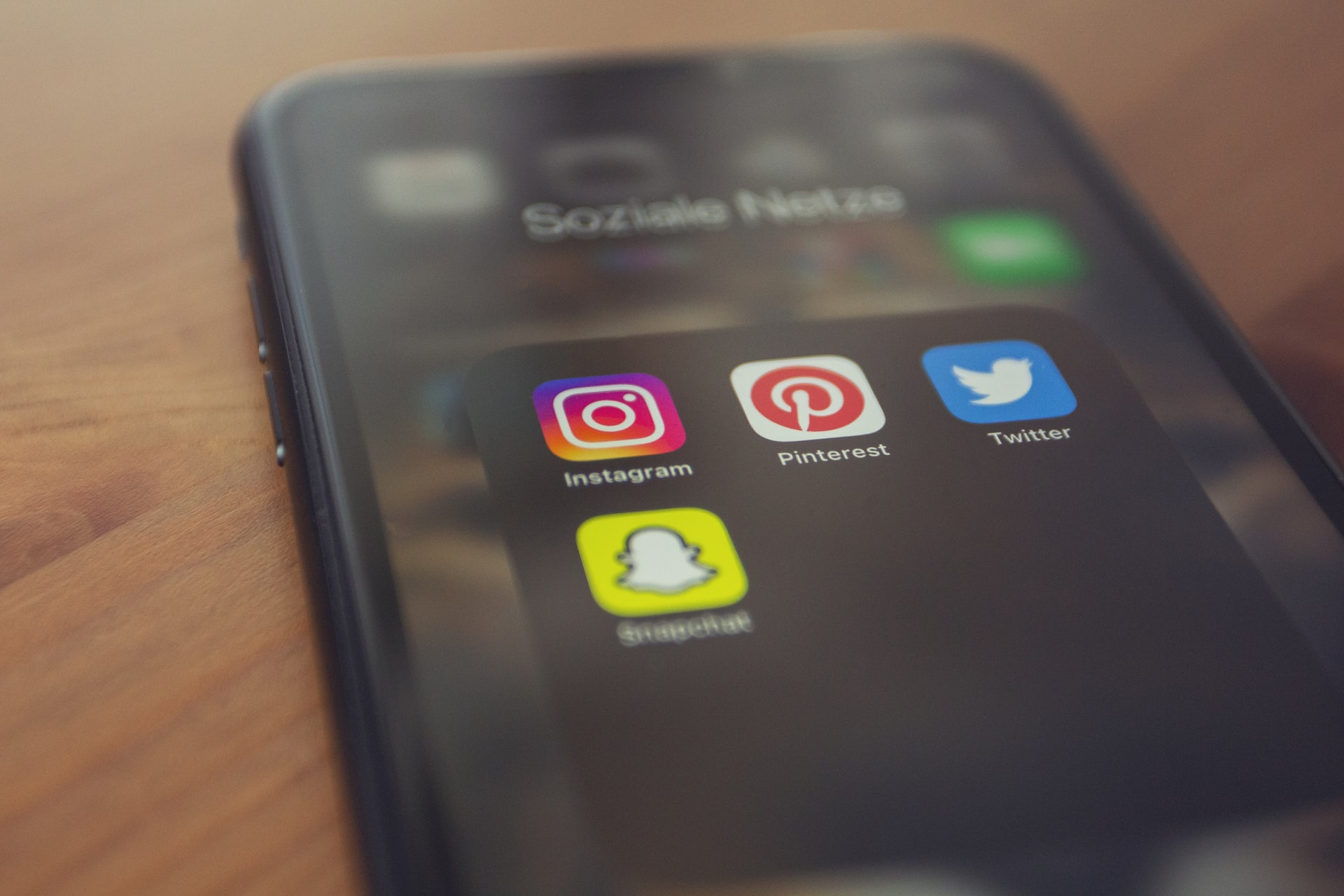Are you concerned that Snapchat may have violated your privacy?
Over the years, social media has always been on the edge of entertaining its users or annoying them. There are many stories on Facebook about users being exposed to alt-right conspiracy theories and their personal information being sold to Russia. Now, Snapchat is allegedly violating the privacy of its users. Our faces are innately linked to our desire to share them with others. Artists rendered their paintings to hang in their homes in the past.
People were then able to take pictures of themselves with their cameras with the advent of the selfie. With the advent of social media, people can now share their images globally, amplifying this desire. Yet what happens when those images are collected for marketing purposes? Snapchat’s recent privacy lawsuit proves the opposite and has exposed that awful response.
Control over Information
- Access, Correction, and Portability: Most of your account information can be accessed and edited through apps. My Data also allows you to obtain a portable copy of the information not included in any of our apps. You can then move it or store it wherever you wish.
- Revoking permissions: You can revoke your permission by changing the settings in the app or on your device if you have those options.
- Deletion: Other information in the app can be removed, such as photos you’ve saved to Spotlight submissions, Memories, and search history.
- Tracking: If you want to prevent being tracked on devices running iOS 14.5 or more recent versions of iOS, you can turn off Activity-Based Advertising in the Snapchat Preferences settings.
- Communicating with other Snapchatters: In Settings, several tools allow you to choose among things such as who can see your Stories, whether you want Snaps from your friends or everyone else, and whether you want to block another Snapchatter from contacting you again.
Selfie Accessibility
Snapchat’s appeal to users was simple when it first appeared on the market. There were many cool filters to choose from. The interface made communication easy. More importantly, it promised only temporary storage of messages and photos. The app would not be used for long by either. People could use their promise to almost immediately be deleted upon arrival to send them to each other. So Snapchat promises to protect users’ privacy, at least. The founders of Snapchat, Evan Spiegel, Bobby Murphy, and Reggie Brown, may have had genuine intentions when they created it.
Previous Lawsuits
Although Snapchat was created with good intentions, the company has been repeatedly criticised and even taken to court. However, this is almost often the result of dangers originating from the outside. Snapchat was hacked in Dec 2013, and the company was found to have violated the privacy of its users. Hackers worldwide always try to to hack social media website, casino websites like casino, banking website. SnapchatDB.info had the identities and phone numbers of 4.6 million users of the Snapchat app. Now is the time for Snapchat to win back the trust of its user base while sincerely apologising to them for the error in a manner that will be accepted.
 Image Source: Snapchat
Image Source: Snapchat
May Be Eligible
A law based in Illinois, the Biometric Information Privacy Act, protects the privacy of biometric information. Doing so protects people against unauthorized access to biometric information without their consent or legal process for obtaining it. In addition, it provides guidelines for companies such as Snapchat. Users were supposed to be notified that Snapchat was collecting their biometric information. Snapchat was required to obtain their written consent before collecting biometric information. It was to announce how long the biometric information would be kept for the public.
Snapchat has just recently initiated legal action over allegations that it did not adhere to these protocols. The claim asserts that Snapchat does not tell its users or follow any criteria when it obtains their biometric information and does so without their consent. If the website is judged to be responsible, this may serve as an example for other websites. Due to the fact that BIPA is a statute that is specific to Illinois, at this time only citizens of Illinois are eligible for reimbursement. If it establishes a precedent that is followed by other states, then additional people who have had their privacy violated by Snapchat may potentially be eligible for compensation from the company.
Social Media Fear
Virtual communities continue to gather on social media. The Internet still attracts people who post pictures, share funny anecdotes, and sometimes even start whole careers. People stop trusting companies like Snapchat when they violate their privacy. It reveals even more serious security flaws in some of our beloved social media platforms. The idea that people share so much sensitive information – often unknowingly – is a bit scary when you consider just how much they do. However, it motivates individuals to fill those cracks. The state of Illinois has specific laws to protect people online that are one of the only ones in the nation. The situation may spread to other states, but it is worrying.

